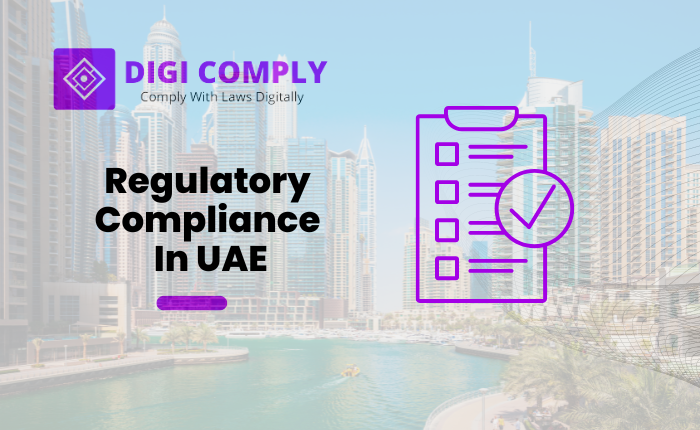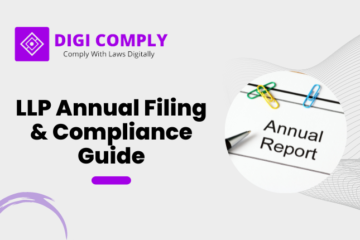In the rapidly expanding business hub of the United Arab Emirates (UAE), regulatory compliance holds paramount importance for organizations. This comprehensive guide provides a detailed exploration of regulatory compliance in the UAE, covering various aspects and offering insights to help businesses navigate the intricate landscape. Here’s a comprehensive overview of Compliance in the UAE:
1. Significance of Regulatory Compliance in the UAE:
– Legal Operation: Compliance ensures that businesses operate within the bounds of the law, avoiding potential legal penalties and sanctions.
– Trust and Reputation: Adhering to regulations foster a culture of transparency and ethical business practices, building trust with customers, investors, and stakeholders.
– Risk Mitigation: Compliance helps mitigate operational risks such as fraud, corruption, money laundering, and data breaches, safeguarding financial health and reputation.
– Competitive Edge: Embracing compliance ensures fair competition practices, positioning businesses for a competitive advantage in the market.
2. Key Regulatory Bodies and Laws in the UAE:
– Ministry of Economy: Oversees economic activities, trade, competition, and consumer protection.
– Department of Economic Development (DED): Controls business activities and issues trade licenses across all emirates.
– Securities and Commodities Authority (SCA): Regulates securities and commodities markets.
– Central Bank: Supervises the banking and financial sector.
– Federal Tax Authority (FTA): Enforces VAT and Excise Tax laws.
3. Benefits of Regulatory Compliance in the UAE:
– Positive Reputation: Compliance builds a positive reputation and trust among stakeholders, enhancing brand value and customer loyalty.
– Financial Security: It mitigates the risk of financial losses and legal consequences, ensuring the business’s financial stability.
– Proactive Risk Management: Robust internal controls help organizations proactively address potential compliance gaps.
– Fair Competition: Compliance ensures a level playing field and prevents unfair competition practices.
4. Challenges of Regulatory Compliance in the UAE:
– Complex Regulatory Landscape: The diverse regulatory bodies and ever-evolving regulations can create confusion for businesses.
– Language Barrier: The official language being Arabic, businesses without access to Arabic-speaking staff or translation services may face challenges.
– Awareness and Updates: Lack of awareness about regulatory changes or requirements may lead to unintentional non-compliance.
– Divergent Regulations: Businesses operating in multiple emirates may encounter difficulties due to varying regulatory requirements.
5. Tips for Ensuring Regulatory Compliance in the UAE:
– Stay Updated: Regularly check official websites and seek legal advice to remain informed about the latest regulations.
– Establish Internal Controls: Conduct regular internal audits and risk assessments to address compliance gaps effectively.
– Employee Training: Conduct training and awareness programs to familiarize employees with regulatory requirements and responsibilities.
– Engage with Regulatory Bodies: Build positive relationships with regulators to stay informed and address any compliance concerns.
– Leverage Technology: Use compliance management software and automation tools to streamline processes, improve accuracy, and facilitate reporting.
Conclusion:
Regulatory compliance is a cornerstone of successful operations in the UAE business landscape. By understanding the significance of compliance, adhering to laws, and implementing best practices, businesses can not only ensure legal and ethical operations but also gain a competitive edge in this dynamic and thriving environment.
If You have any queries then connect with us at support@legalsuvidha.com or info@digicomply.in & contact us & stay updated with our latest blogs & articles





